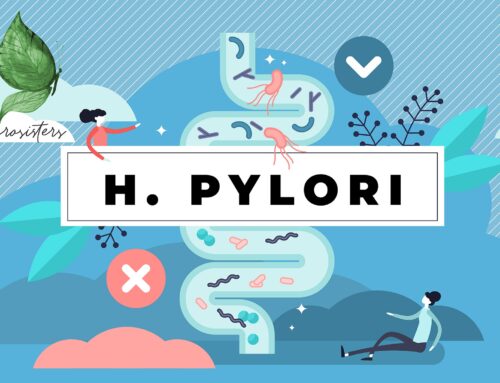
While the importance of play for children is well understood, many don’t realize it’s a necessary form of stress relief for adults, making it a useful tool in the management of Hashimoto’s hypothyroidism.
One also could argue it’s the most enjoyable part of a Hashimoto’s hypothyroidism protocol—say compared to giving up donuts or eating more vegetables—but can take just as much thought and practice to implement.
Scientists have found ample play is necessary for the proper development of children and young animals. Crows, for instance, have been observed playing tug-of-war, ganging up together on a cat, or swinging upside down from a branch. Dolphins, chimpanzees, otters, and even octopus play throughout their lives.
Play develops motor skills, socialization, problem solving, creativity, conflict resolution, and mental and physical health. In fact, studies show that preventing play causes dysfunction in animals, and one researcher even found that most serial killers did not play as children.
Grown-ups have forgotten how to play
Unfortunately, we Americans, who lead the industrialized nations with the longest work hours, have lost touch with the importance of play and the stress relief it can bring. A life of all work and no play (or all television and no play) makes us more vulnerable to stress-related diseases, such as Hashimoto’s hypothyroidism, as well as depression, interpersonal violence, and addiction, according to Stuart Brown, MD, author of Play: How it Shapes the Brain, Opens the Imagination and Invigorates the Soul, and founder of The National Institute of Play. Brown has conducted more than 6,000 play studies on a wide range of people, and says play is a particularly important form of stress relief in down times, such as the current economic situation.
Have you forgotten how to play? To stoke the dormant play pathways in your brain, Brown says to recall how you played as a child, and then experiment with what sounds fun. It could be roller skating, horse riding, basketball, crafting, storytelling, or even playing fetch with the dog. The objective is to forget you’re engaging in a powerful tool to manage Hashimoto’s hypothyroidism because you’re having so much fun.
The elements of successful play
Successful play is more a state of mind than a specific activity, and the health benefits go beyond stress relief or your Hashimoto’s hypothyroidism protocol. Regular play will make you feel better about yourself, stimulate brain activity, enable you to transform negative experiences, boost creativity and imagination, and help you connect with others.
Bottom line: Regular play simply makes people happier, and happiness is a great tool for managing Hashimoto’s hypothyroidism.
According to Brown, and Diane Ackerman, author of Deep Play, genuine play has the following qualities:
- Play is purposeless, all-consuming, and fun
- It is not about improving a time or score, or winning at all costs
- Play has its own place, separate from the rest of life (a basketball court, the roller rink, a favorite trail, or even your back yard)
- Play has a prearranged time—it’s important to make time to play
- Play is about exuberance, license, and abandon
- Play requires freedom—you do it because it is enjoyable, not because you’re supposed to
- Play involves a “make believe” element
- Play is enjoyed for its own sake





